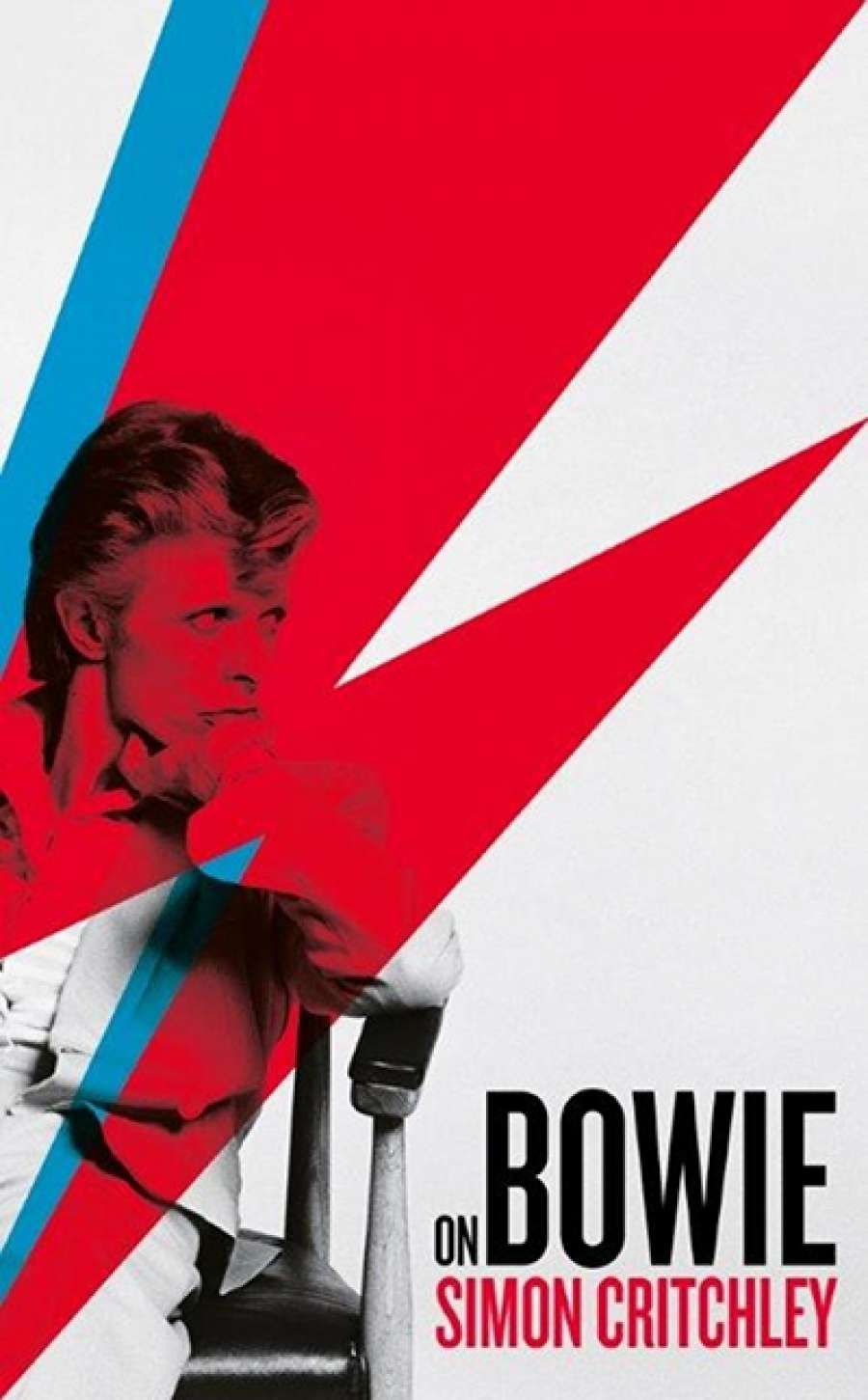
- Free Article: No
- Contents Category: Essay Collection
- Custom Article Title: Doug Wallen reviews 'On Bowie' by Simon Critchley
- Review Article: Yes
- Online Only: No
- Custom Highlight Text:
When David Bowie died in January 2016, Simon Critchley received many invitations to reflect on the pop star, in part because he had published a collection of brief essays ...
- Book 1 Title: On Bowie
- Book 1 Biblio: Serpent’s Tail $16.99 pb, 208 pp, 9781781257456
Organised as 'episodic blips' accom-panied by Eric Hanson's simple yet evocative drawings, the individual pieces feel fleeting during the first half of the book, but steadily accrue wisdom as Critchley revisits and reinforces his central themes. These include Bowie's affirmation of life and yearning for love across his disco-graphy, despite his songs' often apocalyptic backdrops and almost overwhelming desperation. Critchley sticks to more familiar beats too, meditating on Bowie's famous capacity for transformation and how much of a lasting cultural shock the performer introduced to England in the late 1960s (before his arrival, 'life was routine, grey, cramped and dull').
On Bowie also gives profound insight into Bowie's lyrics, noting the anti-clerical religiosity in many songs and sharing other well-researched revelations. Praising Bowie's work as 'radically contrived' rather than concerned with authenticity or realism, Critchley devotes as much scrutiny to Bowie's post-1980s albums as he does to the long-canonised earlier ones, elevating lesser-known individual tracks to higher regard while openly proclaiming which hits he finds overrated (1983's 'awful' 'Modern Love') and underrated (1969's 'Space Oddity'). Some of Critchley's descriptions of his favourite material border on fawning, but for the most part he deftly avoids the blind devotion and hyperbole so common among those writing about their heroes.


Comments powered by CComment